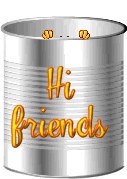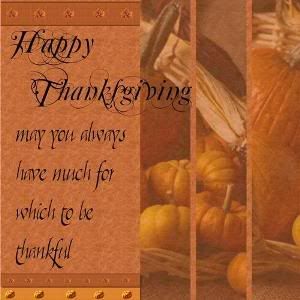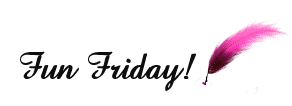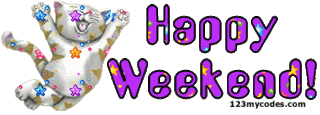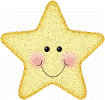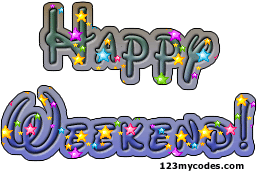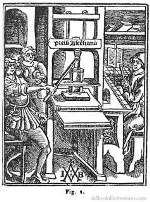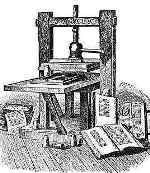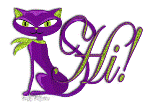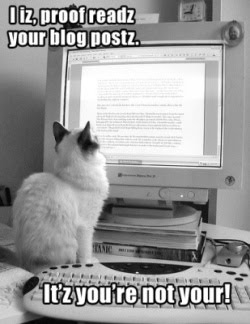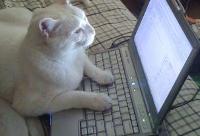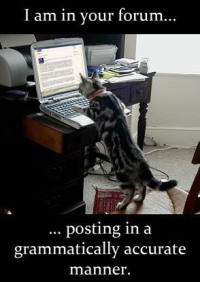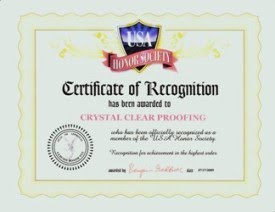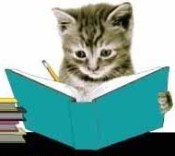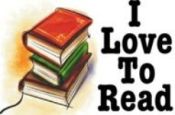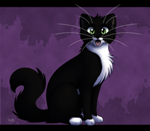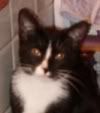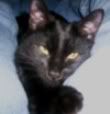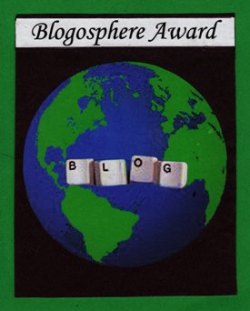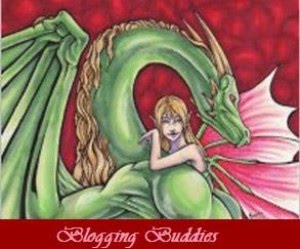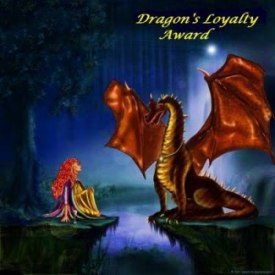
Yesterday you were given a general look at proofreading and copyediting. Today I'll offer more detail regarding the differences between the two, and also provide you with a synopsis of the various levels of editing.
There is clearly an overlap in the type of work expected of proofreaders and copyeditors.
Proofreaders don't see things the way other people do. They scrutinize. When something is awry, their warning buzzer goes off, and they pore over every last letter and shred of punctuation to hammer the copy into error-free perfection.
Copyeditors step deeper into the intricacies of voice, language and plot, and they maintain grammatical and tonal consistency. A copyeditor will analyze, process and transform copy into intelligible, easy-to-understand prose.
An interesting fact about the word
copy is that as an English word, it's related to "copious." Both are from the same Latin root that means
plenty or
abundance.
Copy is
the message that comes across.
LEVELS OF EDITING
Standard proofreading involves making sure writing is free of mechanical errors - in spelling, punctuation, consistency, and some elements of formatting - and is grammatically correct.
Editorial proofreading encompasses all the tasks involved in standard proofreading, plus a few minor tweaks to ensure clarity and correct word choice.
Copyediting involves all proofreading tasks and also improves phrasing and organization to make the writing more effective.
Substantive editing calls for a greater level of rewriting and reorganization and even the suggestion of new approaches and ideas.
With
standard proofreading the goal is to ensure clarity through correctness and consistency, and by watching to be sure the discussion generally makes sense. If it doesn't, a query of the client is needed. At this level pointing out a
which that should be a
that or noting that a word has been used three times in two sentences is about all the writing reconstruction the job description covers.
Editorial proofreading opens more doors for change. It's expected that more be done, but still nothing extreme. At this level, rather than simply offering suggestions, changes - again, nothing major - can and should be changed.
At the level of
copyediting, language is shaped a bit more. Sentences are evaluated: Is it wordy? Ambiguous? Repetitious? Appropriate for its audience? Logical? Does the main point stand out? The work is considered as a whole: Are the topics presented in an effective order, or would another order make the information clearer? Copyediting involves questioning the manuscript constantly; however, the level at which this is done depends on whether a client is looking for light, medium or heavy copyediting.
Substantive editing is the most hands-on level of editing. It's also called
content editing. It addresses not just how something is said, but what is being said. License is given to simply rewrite portions of text or reorganize the work to present content more effectively.
Ideally, editorial changes are made first, followed by proofreading to catch small items that may have been overlooked along the way. The line between proofreading and copyediting is very often blurred, and in reality, a little - or a lot - of both are done when editing a manuscript.
Copyediting is done early in the process to solve larger problems that could have a big effect later in the process. To copyedit is to check consistency and accuracy. Although part of copyediting may be to proofread to remove common errors, a copyeditor must also maintain the structure and tone of the project.
Proofreading is done to look for typos, misspellings, and other on-the-surface errors. Proofreading is usually done toward the end of the process; the book has already been designed and all the material is present.
Very often both are performed simultaneously, with more emphasis on copyediting initially, and thorough proofreading being performed to "polish" the project - unless of course the editor is asked specifically to find only the errors that fall under the category of
standard proofreading.
No matter what level of editing is performed, the message being conveyed by the writer must be
crystal clear!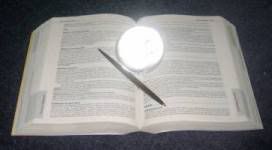 Partial Source: McGraw-Hill Desk Reference for Editors, Writers and Proofreaders
Partial Source: McGraw-Hill Desk Reference for Editors, Writers and Proofreaders






